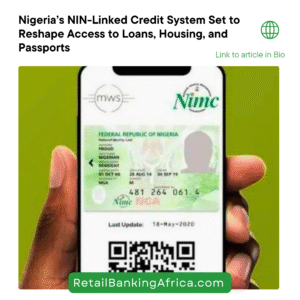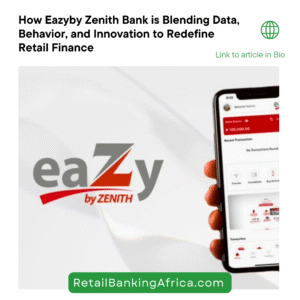In recent years, the expansion of agent networks across Africa has emerged as a transformative force in advancing financial inclusion and driving economic empowerment. With limited access to traditional banking services, particularly in remote and under served regions, agent banking has bridged the gap, providing vital financial services to millions. This article delves into the remarkable growth of agent networks in Africa, highlighting key examples and references that underscore their profound impact.
The Rise of Agent Networks:
Agent networks, comprising of individuals or businesses authorized to provide basic financial services on behalf of a financial institution, have proliferated across Africa, leveraging mobile technology and innovative business models. These agents act as intermediaries, facilitating transactions such as deposits, withdrawals, bill payments, and fund transfers within communities where traditional banking infrastructure is scarce.
Mobile Money Revolution:
At the forefront of this expansion is the mobile money revolution, spearheaded by platforms like M-Pesa in Kenya and MTN Mobile Money in Ghana. These platforms have revolutionized financial services by enabling users to store, send, and receive money using their mobile phones. Through extensive agent networks, users can convert cash into digital currency and vice versa, fostering financial inclusion on an unprecedented scale.
Success Stories:
Kenya stands as a shining example of the transformative power of agent networks. M-Pesa, launched in 2007 by Safaricom, has catalyzed financial inclusion, with over 200,000 agents serving more than 40 million users. The ubiquity of M-Pesa agents has empowered Kenyans, especially those in rural areas, to access financial services conveniently and securely, spurring entrepreneurship and economic development.
In Nigeria, the growth of agent networks has been propelled by initiatives such as the Shared Agent Network Expansion Facility (SANEF). With the aim of increasing the number of bank agents to 500,000, SANEF has facilitated greater access to financial services, particularly for the unbanked and underbanked segments of the population. This concerted effort has bolstered financial literacy and inclusion across Nigeria.
Challenges and Opportunities:
Despite their transformative potential, agent networks in Africa face several challenges, including regulatory hurdles, liquidity management, and cybersecurity risks. Moreover, sustaining the viability of agent businesses in low-income communities remains a concern, necessitating innovative approaches to incentivize participation and ensure profitability.
However, these challenges are accompanied by immense opportunities. As digital technologies continue to advance, agent networks have the potential to offer a broader range of financial products and services, including insurance, savings, and credit. Furthermore, partnerships between financial institutions, mobile network operators, and fintech firms can drive innovation and scalability, further expanding the reach and impact of agent networks.
In Conclusion:
The expansion of agent networks in Africa represents a paradigm shift in the delivery of financial services, empowering individuals and communities to participate more fully in the formal economy. Through strategic partnerships, technological innovation, and targeted interventions, agent networks have overcome barriers to financial inclusion, driving socioeconomic progress across the continent.
As Africa embraces the digital age, the continued expansion and evolution of agent networks will be instrumental in building resilient, inclusive financial ecosystems that unlock the potential of millions, paving the way for a brighter and more prosperous future for all.
References:
- The World Bank. (2020). The Global Findex Database 2017: Measuring Financial Inclusion and the Fintech Revolution.
- M-Pesa. (n.d.). Our Story. Retrieved from https://www.mpesa.in.










